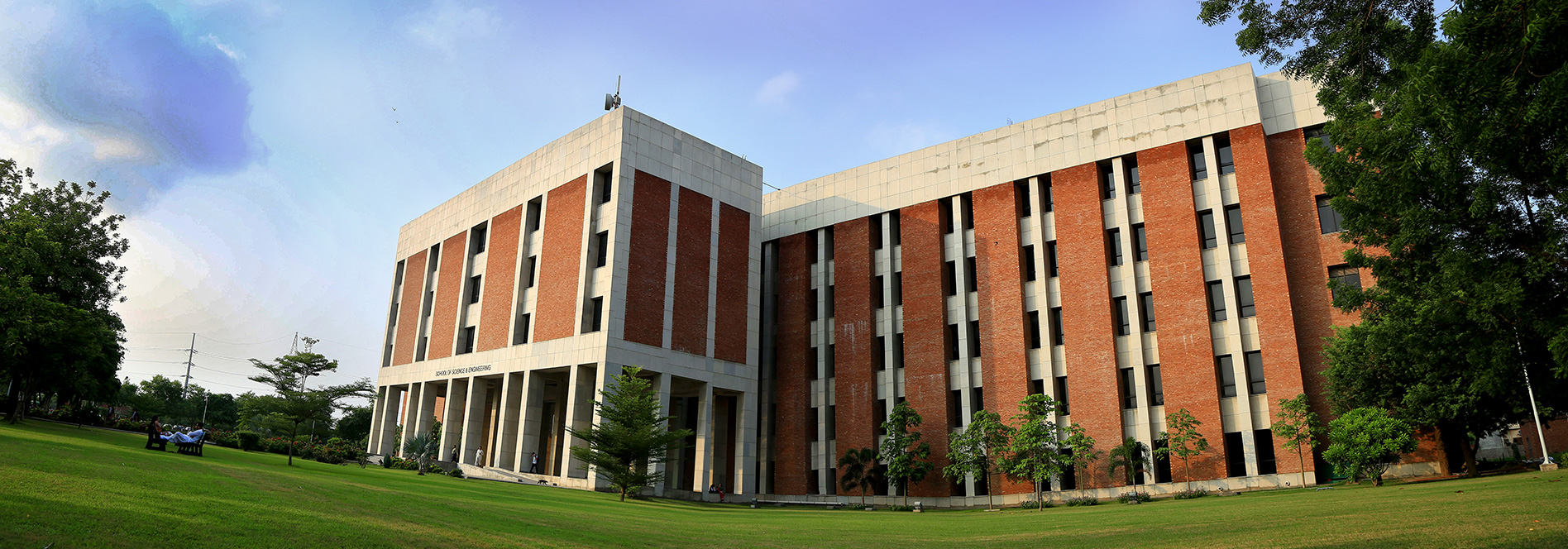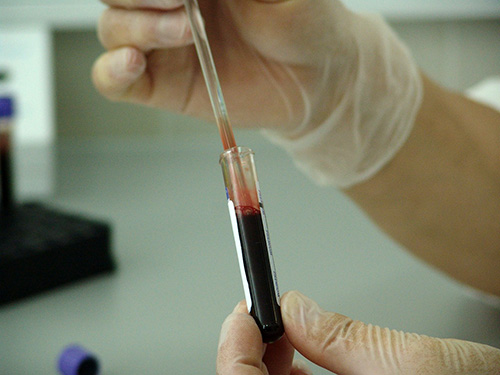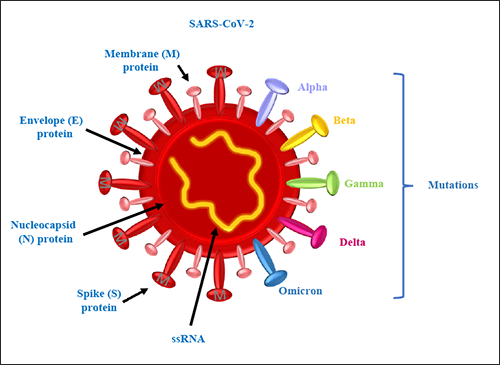Courses

1. Immunology

The Immune System is an intricate network of cells tissues and organs that works in sync to protect the organism from pathogens. Through a series of steps known as immune responses, the immune system attacks invaders and foreign substances that enter the body. The remarkable diversity of immune system allows it to detect and eliminate variety of pathogens such as viruses, bacteria, parasites and fungi. Surveillance and memory are two important functions of immune system which In addition to attacking pathogens entering the body, immune systems also keeps a record (memory) of each pathogen that infects the host, so as to handle it better the next time. The course will start with the study of cells and basic components of the two branches of immune systems namely innate and adaptive. Later half of the course will deal with more complex concept, which include initiating and sustaining the immune response. Third section will focus on the diversity of immune responses and the molecular and cellular basis of diversity. Overall the course will cover cells and tissues of the immune system, lymphocyte development, the structure and function of antigen receptors, the cell biology of antigen processing and presentation, including molecular structure and assembly of MHC molecules, the biology of cytokines, leukocyte-endothelial interactions, and the pathogenesis of immunologically mediated diseases. The course is structured as a series of lectures and tutorials in which will provide in-depth information on each topic. Classes are designed to be highly interactive where students will be encouraged to engage in discussions with fellow classmates and with the instructors.
2. Translational Epigenetics
Accurate and timely gene expression is crucial for all aspects of life and therefore, is regulated on several layers during transcription and translation. In eukaryotes, one layer of control is observed on the chromatin level which signifies the packaging of genomic DNA around nucleosomes. Nucleosomes can be post-translationally modified to allow or prevent access of RNA Polymerase II to underlying DNA sequences. Epigenetics is modulation of gene expression without any modification of the underlying DNA sequence. In this course, students will learn how proper gene expression is achieved on chromatin level and apply their knowledge to biological processes with advanced epigenetic control (stem cell biology, development, cancer, neural disorders and immunity). Special emphasis will be given to experimental approaches in epigenetic research.
The course aims to introduce students to the field of epigenetics– through a combination of lectures, guest research and methods presentations, as well as discussion of recent findings published in this field.

3. Translational Bioinformatics

This course covers the fundamental issues of bioinformatics and how they apply to translational and clinical problems. The course is organized in 4 parts: sequence analysis, databases and ontologies, genome-wide association and linkage analysis, and networks. Each part will include coverage of the computing and mathematical concepts used, and motivated by the actual underlying bioinformatics questions.
The purpose of this course is to give students a broad overview of the field of bioinformatics, and the tools commonly used in bioinformatics, as well as their applications to practical biomedical issues, diseases, population health, drug discovery, etc. The students will also be exposed to a variety of open-source programs for sequence alignment, SNPs discovery, and on how to access and analyze data from large biological databases, for translational and clinical research.
4. Mechanism of Pathogenesis
Infectious diseases continue to be a leading cause of human morbidity and mortality worldwide as well as an important cause of economic loss and the ‘poverty trap’ in developing countries. Microbial Pathogenesis focuses on the molecular mechanisms of host-pathogen interactions and pathogenesis of representative bacterial diseases. Topics includes, selected gram-negative and gram-positive bacterial infections, the evolution of pathogenicity, and the impact of the host microbiota during microbial pathogenesis, structure, function, and genetics of bacterial toxins; and host resistance and immunity. Discussions of pathogenic organisms of major public health importance, diseases caused, their epidemiology and the development of antimicrobials and vaccines.
Each class includes a lecture followed by an in-depth discussion of assigned papers with the lecturer. Each class includes a lecture, followed by one or two (depending on the number of students) 20- minute presentations by students on a paper suggested by the speaker in which they outline follow-up experiments. Course requirements include attendance, participation in the discussions, individual presentations, and a three-page research proposal at the end of the course.

5. Healthcare Management and Entrepreneurship

Delivering basic health care advances worldwide and continuing to increase the quality and span of life (in an affordable manner) represent some of the major societal challenges of our time. Addressing these challenges will require innovation in both medical technology and the ways in which health services are delivered.
The course is designed to expose students to the theory and practice of innovation and entrepreneurship in health care settings, both domestically and abroad. Through a combination of lectures, readings, cases, and your own entrepreneurial work outside of class the overall goal is to bring together a multidisciplinary group of students from across the globe to explore the many opportunities to “do well by doing well” as health care entrepreneurs. This course will be useful for those interested in starting or working for an entrepreneurial venture in health care; those who will bhttps://norpart.lums.edu.pk/admin/reports/dbloge “customers” of health care innovation; and those who desire to develop an entrepreneurial mindset to bring to work for established firms, finance, or consulting in the health care sector.
The course places particular emphasis on the development and practical application of innovation and entrepreneurial skills in the health care. By the end of the course, students should be able to:
- Analyze the idea, value proposition, team, business model, financing and execution of any early stage health care company and make recommendations for improvement.
- Assess the innovation environment, challenges and barriers for any established health care company and make recommendations for improvement.
- Generate new, innovative solutions to optimize resources and improve outcomes in health care.
We will spend time explicitly focused on each of these perspectives as we consider the issues facing health care entrepreneurs.
Global Health
A top priority for global health concerns in an increasingly interconnected and unequal world is to find lasting solutions that take into account the many different perspectives represented. Health is a meaningful indicator of social inequality and must be tackled from all angles.
This course aims to provide a general understanding of major global health challenges together with practical and theoretical training. With this education you can effectively contribute to innovative solutions in global health administration, non-governmental organizations, and higher education.
Public Health
The master's program in public health is focused on improving public health worldwide and achieving equitable health for all, with a special focus on public health issues in low- and middle-income countries.
Designed for individuals who wish to learn about how health and poverty interact and how they are related to other aspects of life, this course will outline the many ways in which health and poverty can intersect. Additionally, it will offer insight into the various ways in which health and poverty are linked to social, political, economic, and cultural factors.

